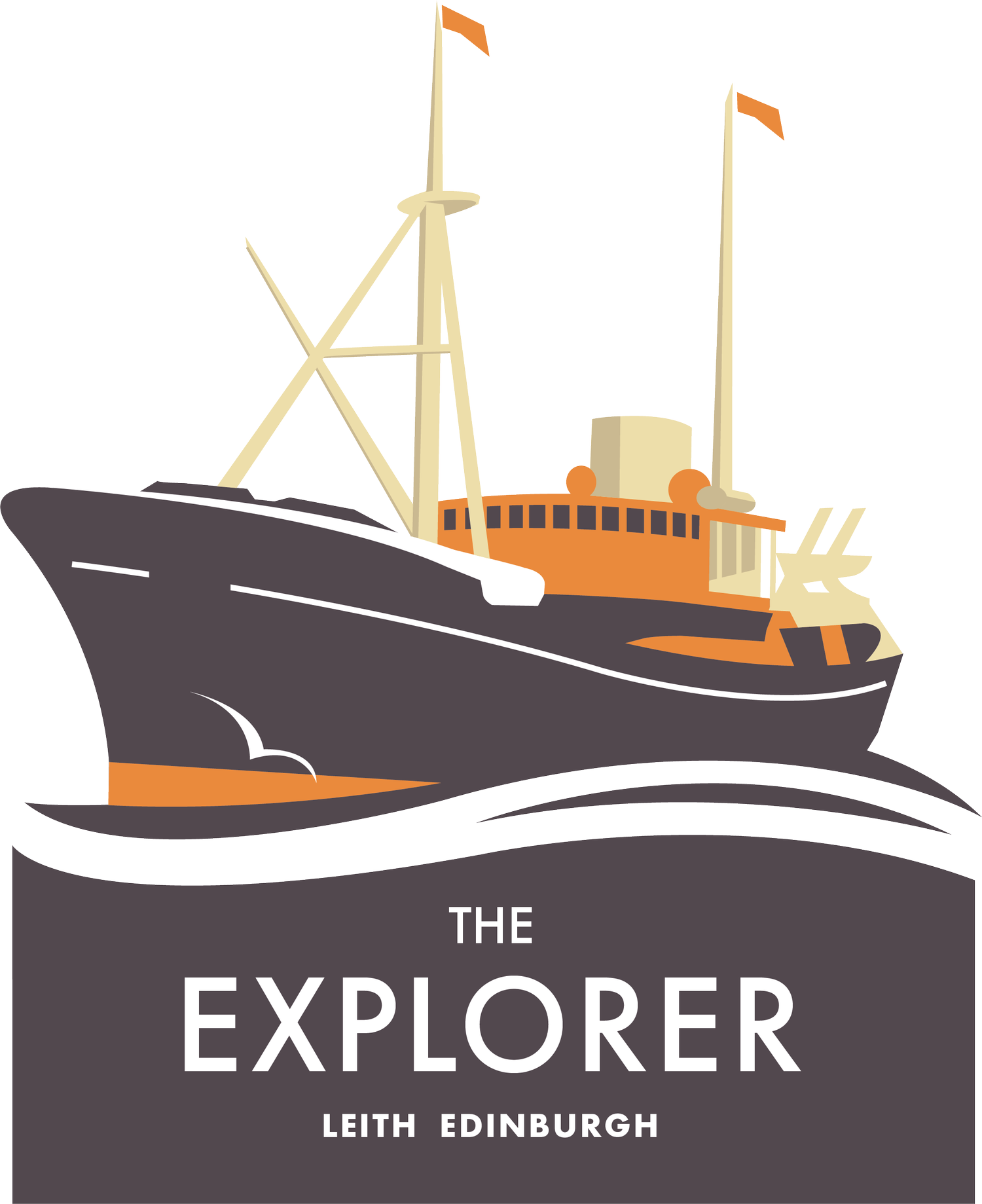Basil Brockett Parrish
(1922 - 1993)
Basil Brockett Parrish, General Secretary of the International Council for the Exploration of the Sea from 1983 to 1989. Before joining ICES he was Director of the Marine Laboratory, Aberdeen from 1970 to 1982. He was an outstanding internationalist who served fisheries biology and ICES over a period of 43 years.
Basil Parrish was born at Guilden Morden, near Cambridge, England. After education at the Cambridge and Country High School for Boys, he took first-class honours in zoology at Reading University in 1944. He then entered the Royal Air Force to do operational research and spent some time in Italy at the end of the war.
In the late 1940s fisheries research entered a new phase after a period of dormancy. Amongst the first postwar biologists to be recruited. Basil joined the staff of the then Scottish Home Department's Marine Laboratory in Aberdeen in 1946. There he found a very different laboratory from the fine building and facilities and the large staff that exist today. Much of the year was spent at sea under extremely uncomfortable conditions, and the laboratory was cramped and primitive by present-day standards.
Basil quickly established himself as an energetic and effective fisheries biologist. He played a prominent role in applying new theories of fish population dynamics to the Scottish fisheries. In particular he was concerned with the way in which major fish stocks might be subdivided for management purposes. He was interested in the survival of the young stages of commercial fish and how mortality might be influenced by the effect of the prevailing wind carrying these young fish away from their nursery grounds. He was also involved in the investigation of the configuration of nets during fishing and behavioural responses of the fish to nets, in attempts to improve the efficiency of capture, and whether fish might be attracted to underwater lights in commercially useful quantities. His initial interest in gadoid fish, especially haddock, led to a chapter in Michael Graham's book on sea fisheries (1956).
Towards the end of the 1950s he became more interested in the problems of the herring fisheries and explaining their decline, using lagging and otolith studies to help in subdividing the stocks. This work led to a major review with Alan Saville published in 1965.
Basil moved rapidly up the hierarchy at the Marine Laboratory, at that time directed by Cyril Lucas. He was first a section and then a team leader, later becoming Deputy Director and then Director in 1970, remaining in post until 1982.
Basil must have played a greater part in ICES affairs than almost any other scientist of his generation. He was in turn Chair of the Herring Committee (1958-1962), Statistics Committee (1967-1970), Vice-President (1973-1976), and President (1976-1979). He also convened several Council symposia, served as a member of many committees and working groups, and had close links with ICNAF and FAO. During the 1970s as a Vice-President, he led ICES in crucial negotiations with the emerging European Community.
It was no surprise that such an experienced and respected person should be appointed General Secretary when the position became vacant in 1983. This is the first occasion when any scientist was both President and General Secretary of the organisation. Over the next 6 years he introduced substantial changes in the running of the organisation and was a popular and effective figure.
Like many scientists of the 1940s and 1950s Basil Parrish did not work for a higher degree, but he was awarded an honourary Doctorate of Science by Aberdeen University in 1984. Previously he had been elected a Fellow of the Royal Society of Edinburgh in 1961 and appointed a Commander of the Order of the British Empire (CBE) in 1978.


